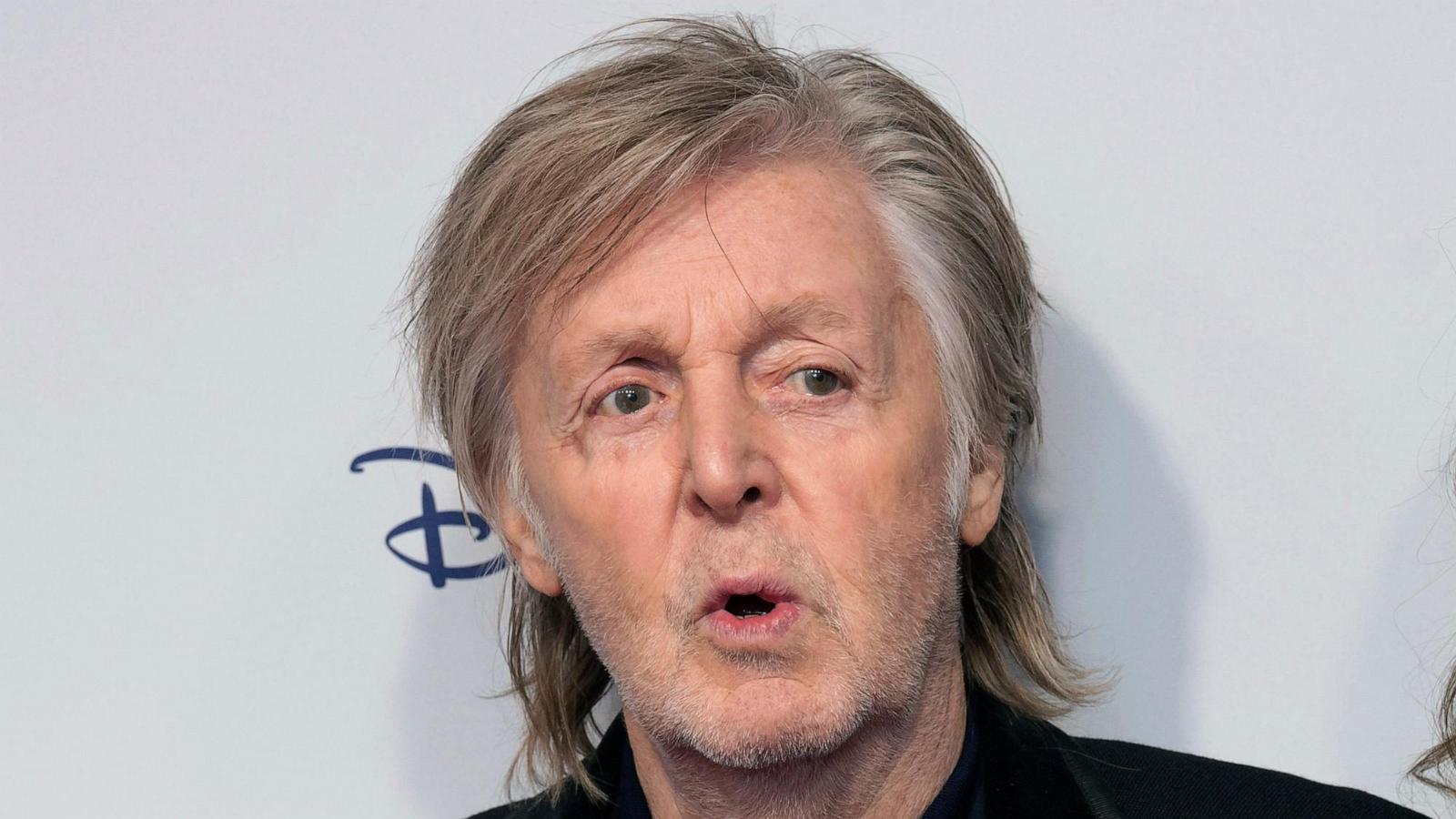Paul McCartney, the music legend, has issued a powerful plea to the British government, urging them to reconsider proposed changes to copyright laws. These changes, he warns, could pave the way for AI companies to exploit artists' work without compensation – a shocking betrayal of creative talent! The proposed alterations would permit tech firms to utilize copyrighted material for AI model training unless creators explicitly opt out. This alarming development has sent ripples through the music industry, with McCartney leading the charge against this potential digital heist.
AI's Threat to Musicians: A Copyright Catastrophe
McCartney's concerns are not unfounded. He vividly paints a picture of the devastating impact this could have on young, aspiring musicians: "You get young guys, girls, coming up, and they write a beautiful song, and they don’t own it, and they don’t have anything to do with it. And anyone who wants can just rip it off." This chilling scenario highlights the potential for exploitation, where the creators of original works could be robbed of their rightful ownership and financial reward.
The Looming Threat of Uncompensated AI Training
The current proposal is causing widespread outrage within the artistic community. The idea of AI companies using artists' copyrighted material for free, under the guise of "training", while those who spent years crafting the works are left empty-handed, is completely unfair. Imagine: countless hours of hard work, pouring emotion into a song only to have AI giants use it without any recognition or remuneration. This blatant injustice needs to stop! Such practices severely undermine the integrity and future of the creative industries in Britain.
Will The Government Prioritize Profits Over Artists?
This is a critical moment for the British government to demonstrate a clear stance on supporting the artists who breathe life into our creative landscape. Allowing companies to use artistic work for profit without compensating the creators could deter young musicians. It stifles the creative spirit and sets a concerning precedent for the future. It's about more than just monetary compensation; it's about artistic integrity, recognizing creators' hard work and ensuring fair compensation. The question is: Will this government choose the profits of tech giants over nurturing the talents of the musicians and artists who form the backbone of British culture?
McCartney's Plea to Protect the Future of Music
McCartney's impassioned appeal is not simply a plea for personal gain. It represents a far-reaching concern for the future of the music industry and the countless artists striving for recognition. He powerfully asserts that if the government approves this new measure, they’re failing in their duty to protect creative artists.
Supporting Artists, Safeguarding The Future of Creativity
By allowing the free use of copyrighted material for AI training, the government is potentially jeopardizing a significant aspect of Britain’s cultural landscape. The UK music scene is vibrant and diverse; protecting artists’ rights is integral to the prosperity of this industry. It's also imperative that we promote the value of originality. How can we nurture emerging talent when the potential reward for creativity is systematically undermined?
The Battle For Copyright In The Digital Age
This copyright debate is far from straightforward. The complexities of balancing the advancement of AI technology with the protection of artistic rights require a thoughtful and comprehensive solution. The current government’s attempt at striking this balance appears to be tilted far too heavily in favor of profit over artistic rights. Finding this equilibrium will be challenging, requiring deep engagement from both sides and a creative way forward for the music industry. This issue transcends national borders and is a debate shaping itself around the world.
What Happens Next?
The implications of this decision extend far beyond just a simple copyright adjustment. The government's stance will set the standard not just in Britain, but it has implications for international policy. It will strongly influence how digital art and culture are seen moving forward.
Urgency of Response
It’s clear that swift and effective action is vital. The issue affects all aspects of creativity, from music to film, and a precedent here may set a far-reaching negative effect across creative markets.
Protecting Our Future
McCartney’s impassioned request, backed by many across the UK music industry, puts the UK government in the crosshairs. A clear, well-informed, and protective approach towards copyright is paramount if we’re to avoid damaging the UK music landscape beyond repair. Failing to act decisively might not only hurt existing artists but also stifle future creative endeavours, hindering Britain's potential as a global hub for innovation in this crucial sector.
Take Away Points
- Paul McCartney’s urgent plea to the British government highlights the serious threat AI technology poses to artists' copyright.
- Proposed changes to copyright law could allow AI companies to exploit artists' work without compensation, significantly undermining the livelihoods of musicians.
- The government's intention to make Britain a world leader in AI should not come at the expense of protecting artists' rights and nurturing the nation's creative industries.
- McCartney emphasizes the need for fair remuneration and control for artists in the digital age, urging the government to fulfill its responsibility of safeguarding creators. The focus should be placed on legislation that both fosters technological innovation and adequately safeguards creative works.




